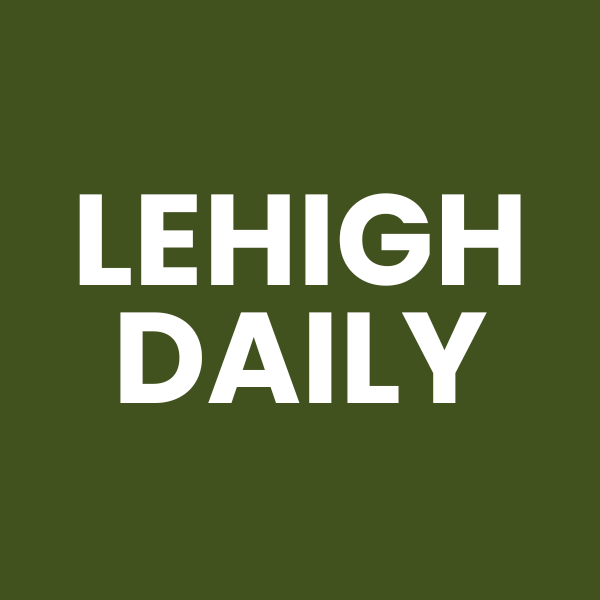BETHLEHEM, Pa. — The Student Political Action Coalition (SPAC) at Lehigh University is hosting its second annual Palestine Solidarity Week this week, building upon a tradition of campus activism that began when the group formed seven years ago.
SPAC, which describes itself as “uplifting marginalized voices, helping youth reclaim their civic agency, and building community at Lehigh University,” was established by three first-year students in March 2018 following the Marjory Stoneman Douglas High School shooting in Parkland, Florida.
University administrators have characterized SPAC as the “reawakening of student activism at Lehigh,” crediting the organization with fostering “the most student activism seen in 20 years” on campus.
The current Palestine solidarity initiative reflects SPAC’s ongoing commitment to political engagement and social justice causes, which have defined the group since its inception.
The coalition has organized various campaigns, addressing issues ranging from gun violence prevention to climate justice and racial equity.
Overall, student activism across the colleges of the Lehigh Valley has markedly increased since October 2023, reflecting broader national trends while maintaining distinct regional characteristics.
“Post-October 7th, we witnessed student activism on behalf of Palestinian justice and self-determination, and empathy for their suffering,” said Faramarz Farbod, a political science professor out of Moravian University.

“Beginning around November 2023, we began to see that kind of engagement taking place in the Lehigh Valley.”
According to Farbod, activism in the Lehigh Valley has primarily involved symbolic actions, educational engagement, and community participation, though these are generally more moderate than national university trends.
Students’ demands have evolved. At Lafayette College, students involved in Pards 4 Palestine advocated for greater transparency regarding institutional investments connected to Israel.
“Students moved around different department buildings and wanted a more responsible or open book in terms of investments,” Farbod noted, referring to events around Earth Day last year.
Unlike larger universities such as Columbia, where encampments led to hundreds of student arrests, Lehigh Valley campuses have experienced less confrontational activism and fewer instances of administrative repression.
“You didn’t see as much repression in the university settings in the Lehigh Valley as you did in some of these larger venues,” Farbod said. He cited only a few instances where university presidents at Lehigh and Moravian raised concerns about specific slogans used during campus vigils.
Student opinion remains diverse across campuses, with engaged activists representing only a portion of the student population. Farbod suggests that while many students likely support a cease-fire similar to national polling trends, most aren’t politically informed or engaged enough to participate in demonstrations or organized actions.
Farbod recommends that student activists looking to increase their impact build broader coalitions with like-minded organizations across the region, such as religious organizations and professional groups.
He emphasized the importance of having clear objectives, such as advocating for conditions on military aid to Israel.
SPAC has done so by uniting with the Jewish Voice for Palestinian Liberation (JVPL) at Muhlenberg College, which is actively supporting and promoting Palestine Solidarity Week events.
“What they’ve already done is important. Though mostly symbolic, it’s a kind of moral witness to the suffering that’s human-made and backed by our own government,” Farbod stated.
“No matter what [student activists] engage in in the future, what they’ve already done is crucial.”
He also advised connecting foreign policy issues with domestic concerns to engage more students and community members who might otherwise be indifferent to international matters that they may believe don’t directly affect them.
Farbod sees reason for optimism in what he describes as “a social justice generation of young people” emerging in recent years despite continuous challenges.
He cites impressive youth turnout at rallies beginning in 2020, especially during Black Lives Matter demonstrations.
“Hope is not a feeling. Hope is action and commitment, and when you’re committed, and you act, then hope comes alive,” Farbod said. “Don’t give up because you think you’re going to fail. It’s not you that’s failing. It’s the system that failed you.”
Palestine Solidarity Week has included art making, a Nakba teach-in, a community potluck, and informational tabling.
The week will end on Friday with a culminating rally from 4:30 to 6:30 at the UC Flag Pole, 18 University Drive, Bethlehem, PA.









